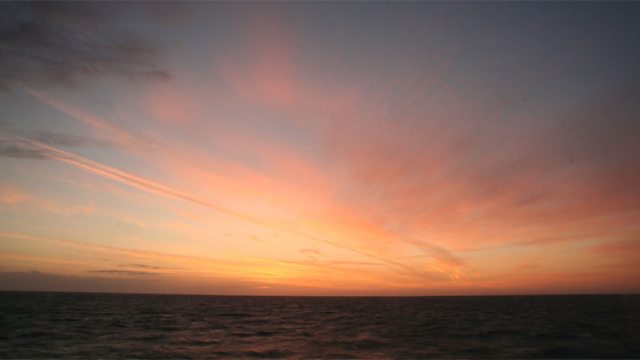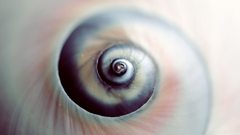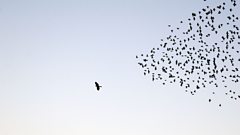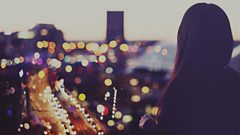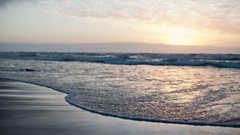Thought for the Day - 17/06/2014 - Rev Dr Giles Fraser
Thought for the Day
The prophet Abraham was born in the city of Ur and died in the city of Hebron – two parts of the world that never seem to be out of the news, two parts of the world associated with seemingly intractable religious conflict. Ur is in Southern Iraq and Hebron in the West Bank.
And there’s a prima facie case for linking Abraham with the conflict in these two places. For Abraham is traditionally understood to be the founding father of monotheism: the belief that there’s only one God. And the potential problem with monotheism is this: if there’s only one God, and that God is mine, then your God is obviously false and therefore needs destroying. All too often Abraham’s legacy becomes an exaggerated religious chauvinism, a way of deifying my own world-view and denigrating yours. This logic has been responsible for the death of countless millions throughout history. Little wonder some people think we would be better off with a live-and-let-live polytheism, or indeed with no Gods at all.
But there’s another way of looking at all of this. For the story of Abraham’s formative years, as told in various Jewish writings and in the Koran, tells of Abraham’s conflict with his own father who was a maker of religious statues. “Abraham” the Koran tells us “would mock the gods of wood.” “How can you worship what doesn’t see or hear or do you any good?” To which his father angrily replied: “Dare you deny the Gods of our own people. Get out of my sight!”
In other words, Abraham’s iconoclasm wasn’t a rehearsal of “I’m right” chauvinism but an intensified form of self-criticism. Note again he was attacking the Gods of his own people. It’s as if he was saying that whatever you can think of as being God, that thing just isn’t big enough to be God, so smash it, distrust it - don’t believe too much in your own belief. Abrahamic iconoclasm is a form of self-critical vigilance, it’s a permanent revolution of religion against itself.
And the reason all this is so important is that too often we fight and kill each other precisely because we are too persuaded of our own rightness. God doesn’t need me to be right.
As the Israeli poet Yehuda Amichai beautifully puts it:
“From the place where we are right, flowers will not grow in the spring. The place where we are right
Is hard and trampled
Like a yard. But doubts and loves
Dig up the world
Like a mole, a plow.
And a whisper will be heard in the place
Where the ruined
House once stood.”
And, for me, that whisper, the whisper of peace – one that desperately needs to be heard in the ruined houses of Iraq and the West Bank - is also the whisper of Abraham: however strong my convictions, I might well be wrong. Or, to put it another way: living in peace is more important than being right. That’s the ethical power of iconoclasm.
Duration:
This clip is from
More clips from Thought for the Day
-
![]()
Rev Dr Sam Wells - 04/11/2025
Duration: 02:52
-
![]()
Chine McDonald - 03/11/2025
Duration: 03:16
-
![]()
Rev Canon Dr Rob Marshall - 01/11/2025
Duration: 02:47
-
![]()
Bishop Richard Harries - 31/10/2025
Duration: 02:52
